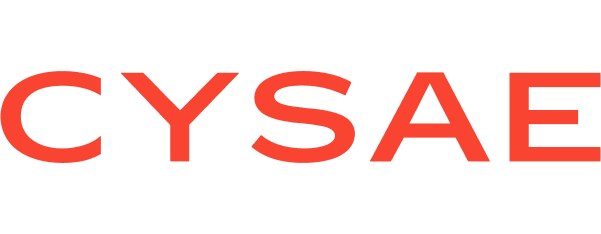The concept of reverse solicitation The concept of reverse solicitation within the MiCA Regulation has generated significant interest in the cryptoasset industry, as it offers a potential avenue for companies from third countries to operate in the EU without the need for a license. However, this exemption is very limited and is subject to strong scrutiny by ESMA, which has established strict criteria to prevent its misuse.
In essence, reverse solicitation allows a European user to engage the services of a foreign company, as long as it is done at their own initiative, without the company having taken any prior action to attract them. But here arises the big question: what is truly considered “own initiative”? The answer is not so simple, as any type of promotion, advertising, or marketing aimed at European clients, whether directly or indirectly, can distort reverse solicitation and make the operation require a license in the EU.
To better understand this concept, it is helpful to analyze some examples. Imagine a Spanish user finding a cryptoasset trading platform based in Hong Kong through a specialized forum, directly accessing its website, and opening an account without having received any advertising or prior contact from the company. In this case, it would be legitimate reverse solicitation, as the company has not actively intervened in attracting that user. The same applies if a German investor who traveled to the U.S. meets a cryptoasset custody company and, after returning to their country, decides on their own initiative to contact them and open an account. Or even if a French client who had already contracted a service with a Swiss company requests, without anyone offering it, access to another type of asset within the same platform.
However, the situation changes when the foreign company adopts active solicitation strategies, even if they are subtle. For example, if a Singapore-based exchange runs ads on Google with phrases like “Buy crypto easily from Spain”, it is clearly targeting European clients and, therefore, needs a license in the EU. The same applies if a foreign investment platform has its website translated into Spanish and optimized with SEO terms designed to capture European traffic, or if it uses email marketing campaigns, influencers, or ambassadors to attract European users. Active solicitation is also considered when a U.S.-based company organizes a webinar aimed at European clients explaining the advantages of investing with them, even if no direct offer is made.
In light of these risks, foreign companies that truly want to operate under the reverse solicitation exemption must take measures to avoid any potential conflict with the regulations. Some of the most common strategies include geoblocking EU IPs to prevent accidental access, including warning messages before registration clarifying that the service is not available for EU residents, or rejecting new accounts from European clients unless it can be demonstrated that they contacted on their own initiative.
Despite these precautions, ESMA and national authorities have intensified supervision to detect and sanction any attempts to bypass the regulation. If they identify fraudulent practices, they can impose penalties ranging from operation bans to multimillion-dollar fines and even personal liabilities for executives. Additionally, regulators are collaborating internationally to block companies providing cryptoasset exchange, custody, or portfolio management services to EU clients without complying with the regulations.
For all these reasons, relying on reverse solicitation as a way to operate without a license in the EU is a high-risk strategy. While the regulation allows certain cases where European clients can access foreign services without the company needing to register, the margins for maneuvering are minimal, and any mistake can have serious consequences. The safest and most sustainable option to operate in the EU remains obtaining a license as a cryptoasset service provider under the MiCA framework, which will not only avoid problems with regulators but also generate greater trust and credibility among clients. At CYSAE, we are experts in cryptoasset regulation and can help you assess whether your business model meets the legal requirements to operate in the EU without unnecessary risks.




